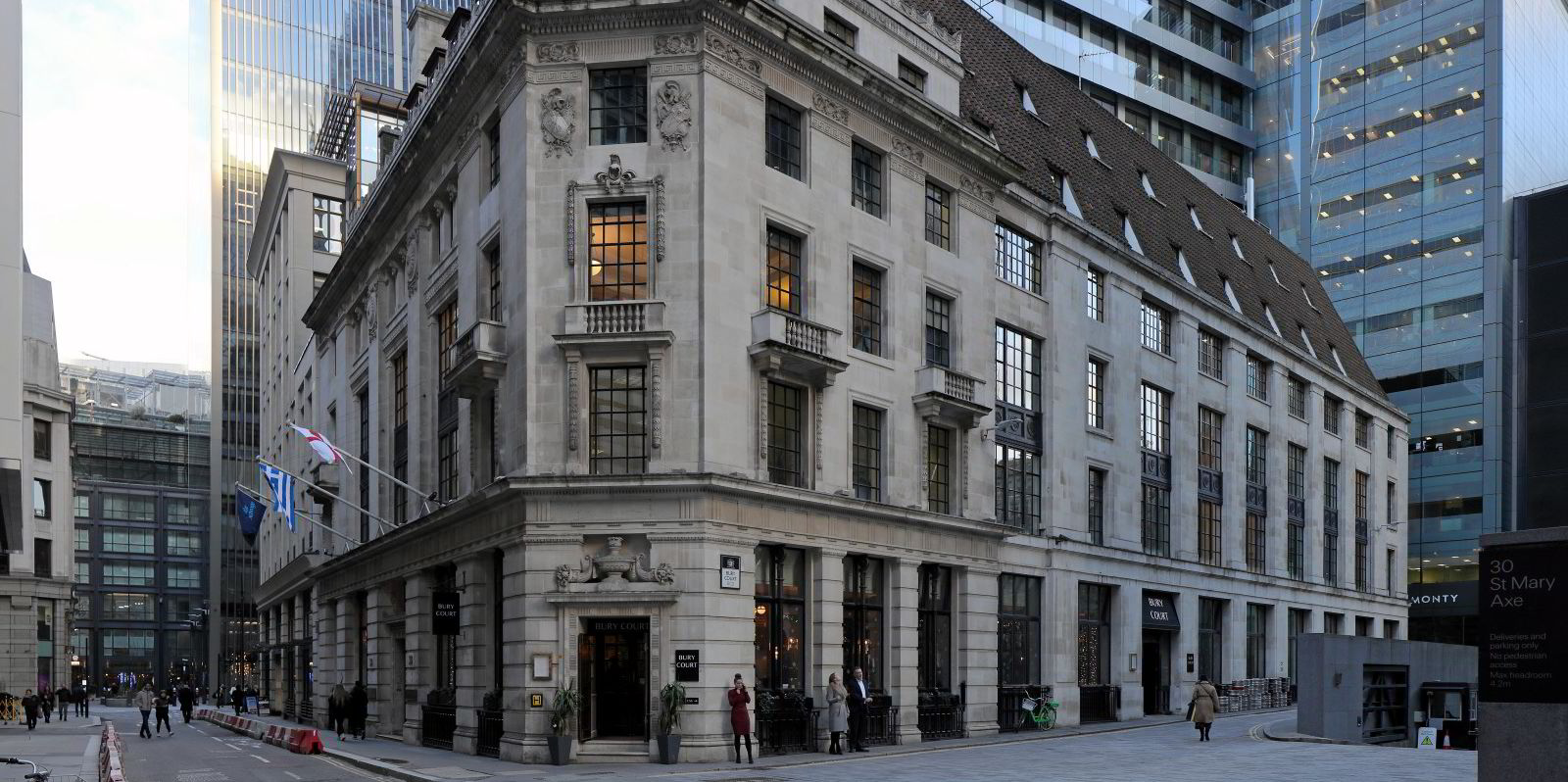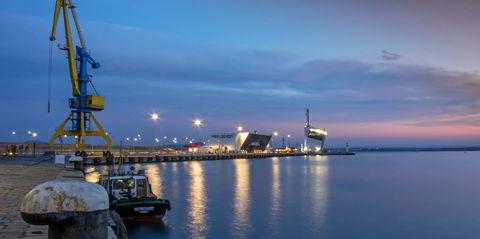Tanker market bulls are taking a breather as macroeconomic cold fronts loom on the horizon, according to the Baltic Exchange
Consultant Urs Dur, principal of Zuoz Industrial and writing on behalf of the London exchange, said there is much to make the sector nervous.
He pointed to high and rising oil prices, no prospect of interest rates coming down in the US and Europe, and fears of a recession.
Meanwhile, the war in Ukraine rages on and the Chinese economy appears to be faltering despite the country’s exit from Covid lockdowns over the first quarter.
“Even the most vibrant bulls need to rest once in a while,” he said.
“For now, it would seem the tanker bulls are simply grazing in the pasture at the moment.”
But Dur is forecasting real monetary loosening and liquidity measures to build in China over the coming year.
The US Federal Reserve and European Central Bank may also need to stabilise interest rates over the next 24 months.
“It is clear that petroleum products and crude oil are fundamental to the world economy,” he said.
“Those who have modern tankers today should fare well and those with the means to order will, commencing another cycle.”
Orderbook low for VLCCs and aframaxes
He believes tankers will be needed to help move the global economy towards net zero.
The consultant said VLCC and aframax rates remain fairly healthy and have had a prolonged period of strength over the past few years.
The orderbook for these crude carriers is at or near historic lows: 2.01% of the existing fleet for VLCCs and 5.44% for aframaxes.
“This trend looks set to continue, at least in the short term. Newbuilding prices are rising as a result of increased input costs, partly driven by technical demands, but also by raw material costs,” he added.
Ship supply will be limited in 2024 due to slow steaming and retrofits for ever-changing propulsion and fuel technology, he argues.
Dur predicts firm asset values to the end of next year.
For MR and suezmax vessels, orderbooks have been increasing in 2023.
“Despite earnings being softer of late … rates are still soundly above operating costs. With the low orderbook and the firm demand outlook, this condition could persist unless real oil demand dramatically falls, which appears to be far off,” he concluded.





